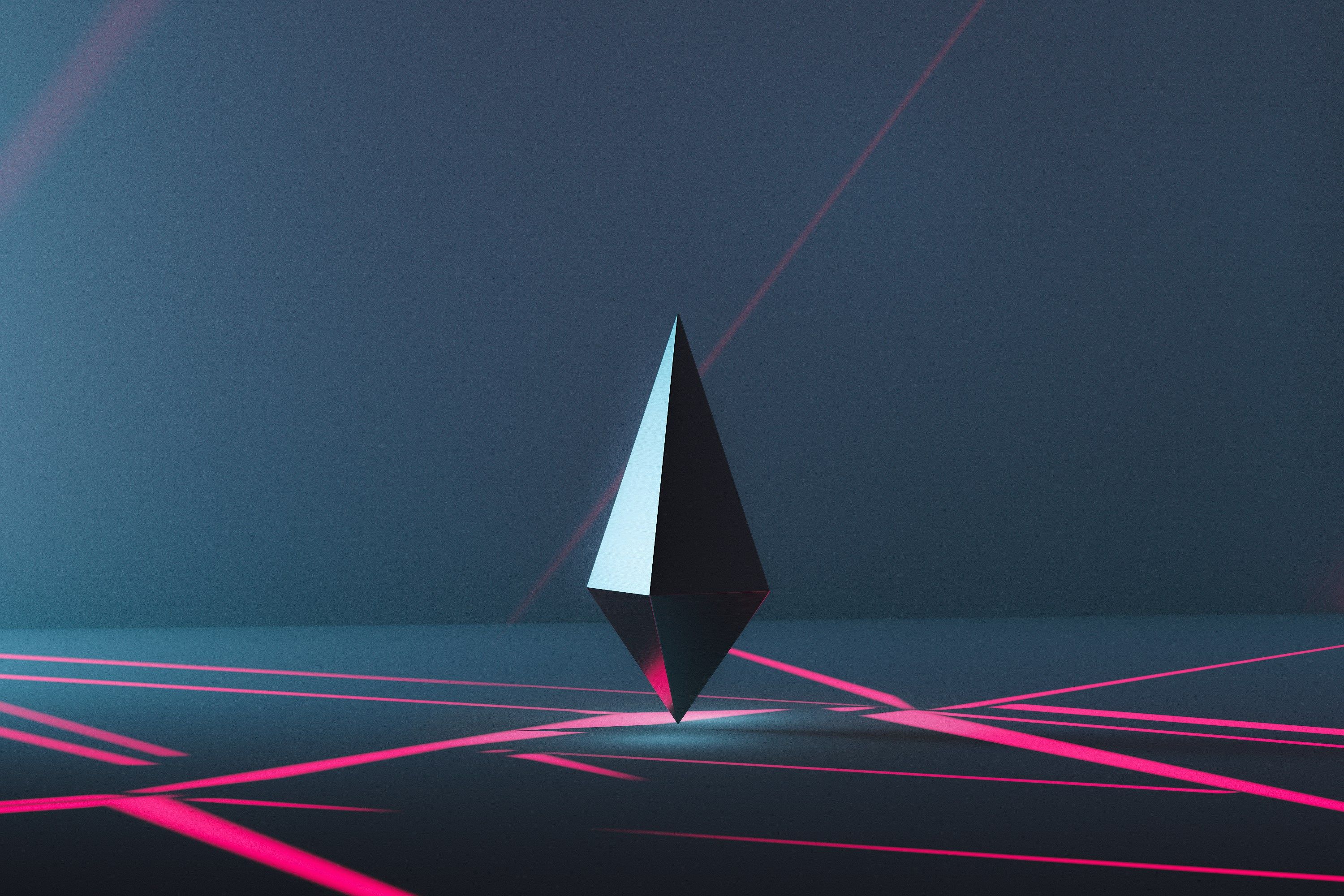Opinion: DeAI Needs a Strategic Push, But CeAI’s Grip Strong
By Manouk Termaaten, Founder and CEO, Vertical Studio AI
A UN report last April highlighted an alarming consolidation: AI’s projected $4.8 trillion market is dominated by just 100 major companies, primarily based in the U.S. and China. Centralized AI (CeAI) incumbents possess significant resources and connections, allowing them to control this burgeoning industry, raising serious societal implications.
These CeAI giants face their own challenges. Microsoft’s Copilot gained attention (and controversy) for generating explicit and inappropriate images, including disturbing scenarios involving children, sparking public backlash and questions about regulatory oversight. Microsoft implemented stricter moderation measures, but this incident underscores a key potential drawback of centralized systems: issues can arise, possibly exacerbated by closed-source code.
Other examples further illustrate CeAI’s potential pitfalls. Citadel faced an AI trading scandal involving stock manipulation. Google’s Project Maven, a Pentagon-supported military technology project, prompted ethical debates, culminating in a letter from Google employees demanding its cancellation and a clear “no go” policy on warfare tech. The ousting of “Don’t be evil” by “Don’t be weird?” reflects a broader unease with CeAI’s trajectory.
Centralized AI’s Ascendancy
Currently, both corporate entities and nation-states hold a decisive advantage over decentralized AI (DeAI) projects. These entities possess vastly superior financial backing. Russian President Vladimir Putin starkly emphasized the high-stakes competition, suggesting AI dominance equates to global leadership. Concurrently, China has declared its ambition to lead globally in AI by 2030.
This concentration of power raises concerns about potential authoritarian leanings, a diminishment of individual privacy, and the establishment of a “corporate state” that potentially undermines Enlightenment values.
DeAI Faces an Uphill Climb
Establishing DeAI’s dominance on a global scale appears unlikely in the short to medium term. The incumbents’ superior resources position them as underdogs only battling Charlie (David vs. Goliath). Most initial AI interactions are expected to occur via these centralized platforms, granting large populations “early adopter” status.
However, the long term (decades, perhaps centuries) might favour DeAI. Its attractions—enhanced user privacy, improved data control, resilience (lack of single point of failure), democratized access, edge computing potential, transparency (open-source ethos, community governance, audit trails)—offer significant advantages over Ccentralized systems.
Despite these inherent benefits, the prevailing trajectory points towards dominance by powerful state and corporate actors characteristic of neoliberal globalization.
The Path Forward for DeAI
To build a more decentralized world, the DeAI sector must proactively implement a clear strategy. This requires focusing on practical advantages like security, resilience, scalability, low latency, data democratization, and cost-efficiency. Crucially, DeAI projects must articulate their values to regulators, consumers, investors, and the wider community.
While CeAI currently “wins the race,” its potential flaws (ethics, opacity, control) persist. DeAI, championing open standards, community governance, and transparency, remains a vital counterweight and a necessary long-term goal for a potentially more equitable and free technological future.
This article is for general information purposes and is not intended to be and should not be taken as legal or investment advice. The views, thoughts, and opinions expressed here are the author’s alone and do not necessarily reflect or represent the views and opinions of Cointelegraph. Subscription Form: Markets Outlook












